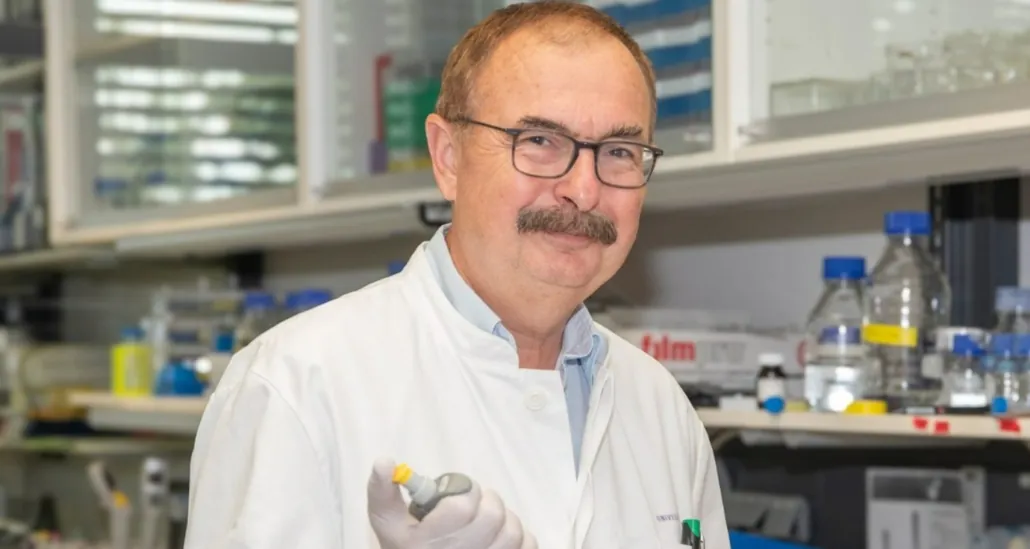THC in Cannabis Shows Potential to Reverse Aging Process and Improve Memory in Older Mice
A new study published in the journal Nature Medicine has found that tetrahydrocannabinol (THC), the chemical in cannabis responsible for the “high” feeling, may improve learning and memory in older mice. Researchers gave low doses of THC to mice of different ages to investigate the brain systems involved in the aging process.
THC Restores Cognitive Ability in Old Mice
The study, led by Andras Bilkei-Gorzo, tested the rodents’ memory and found that after the old mice received THC, their powers of recollection matched those of young mice who had not been given anything. “THC restored the cognitive ability of the old mice to the level of the young ones,” Bilkei-Gorzo told The Independent.
The researcher explained that with age, the brain’s endocannabinoid system, which affects mood, memory, and sensations such as pain and is also receptive to marijuana compounds, “actively declines.” He added, “Giving THC artificially activates the system in the old [mice]. It can restore signaling to a normal level.”
However, when the young mice were given THC, they performed the memory task less well than those who did not receive the compound. “If you do the very same treatment, with the same dosage, to young mice, you overdrive the whole system,” said Dr Bilkei-Gorzo. “It’s at a much higher level than it should be.”

Human Trials Planned
Bilkei-Gorzo is now organizing a small-scale study of around 100 volunteers aged 60 to 70 to find out if similar effects are seen in humans. Psychiatrist Michael Bloomfield, from University College London, called the “well-conducted” study “exciting” as it “opens up a whole new chemical system, called the endocannabinoid system, as a potential target for new avenues of research which could include illnesses like dementia.”
However, Bloomfield cautioned that “we are still in very early days and further research is needed.” He explained that THC produces complicated and sometimes seemingly opposite effects depending on various factors, such as dosage, age, frequency of administration, and species differences. “This means that the possibility of doctors potentially prescribing, cannabis THC or similar compounds for memory problems in older people is still a long way off,” he said.
Alzheimer’s Society Urges Caution
Dr Doug Brown, Director of Research at Alzheimer’s Society, said the study shows that THC “could have a beneficial effect on memory and learning in older mice.” However, he noted that the study “does not shed light on the effect of THC on people with dementia, as it only looked at age-related memory decline in mice.”
Brown also pointed out that the study “does not reveal anything about the effect of cannabis on dementia, or memory problems in old age, as THC is only one of many chemicals that make up cannabis, and we don’t know what effects the other chemicals might have.”
Conclusion
While the study’s findings are intriguing, researchers emphasize that more research is needed before considering THC or cannabis as a potential treatment for age-related memory decline or dementia in humans. Bilkei-Gorzo himself cautioned against taking up smoking cannabis, saying, “If everyone over 60 starts to smoke marijuana, it probably wouldn’t have a good outcome. It’s a real danger, because we know that everything depends on the dosage and the age that you start.”
Study link:
Bidirectional Effect of Long-Term Δ9-Tetrahydrocannabinol Treatment on mTOR Activity and Metabolome
- Bestselling Vapes in UK After Disposable Ban: What to Stock 2025 - August 8, 2025
- Argentina Debates Stricter Vape Laws Amid Prohibition Failures - August 8, 2025
- Nigeria Advocacy Group Urged to Hike Tobacco & Vape Tax by 100% - August 8, 2025








